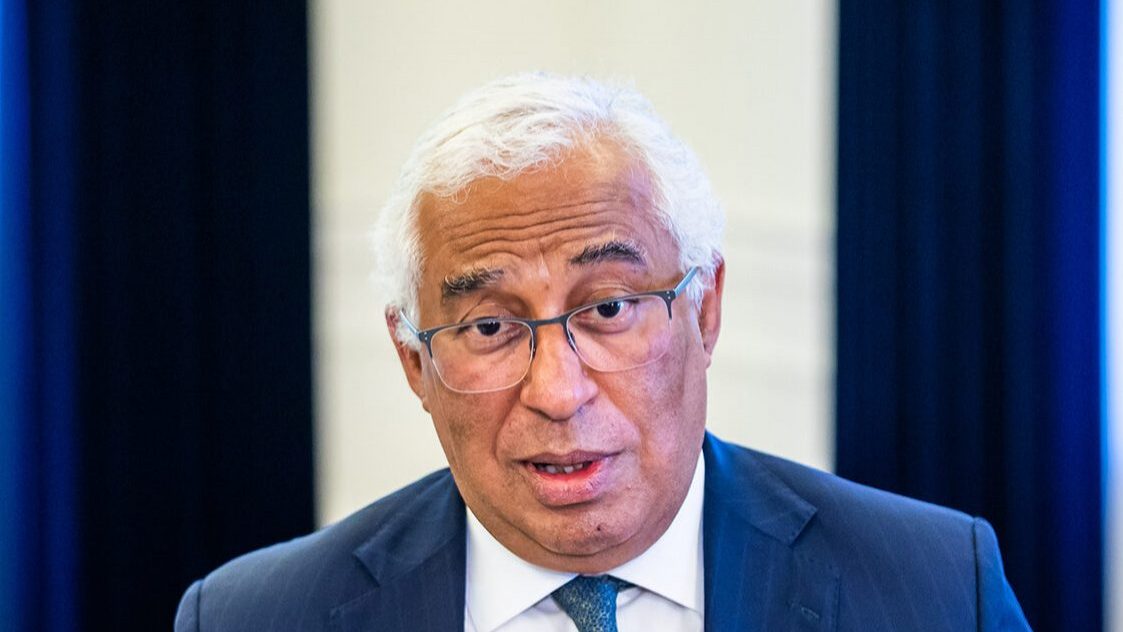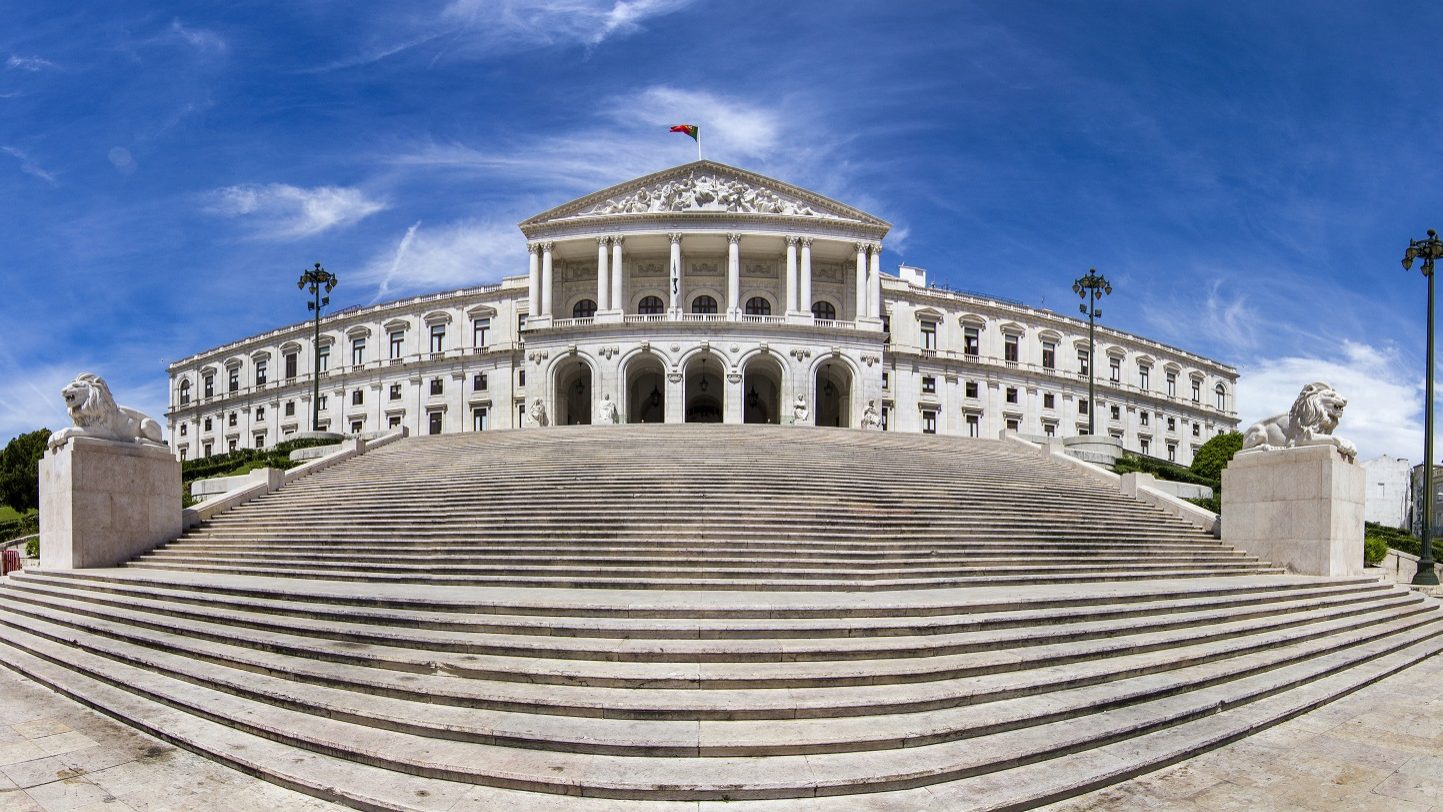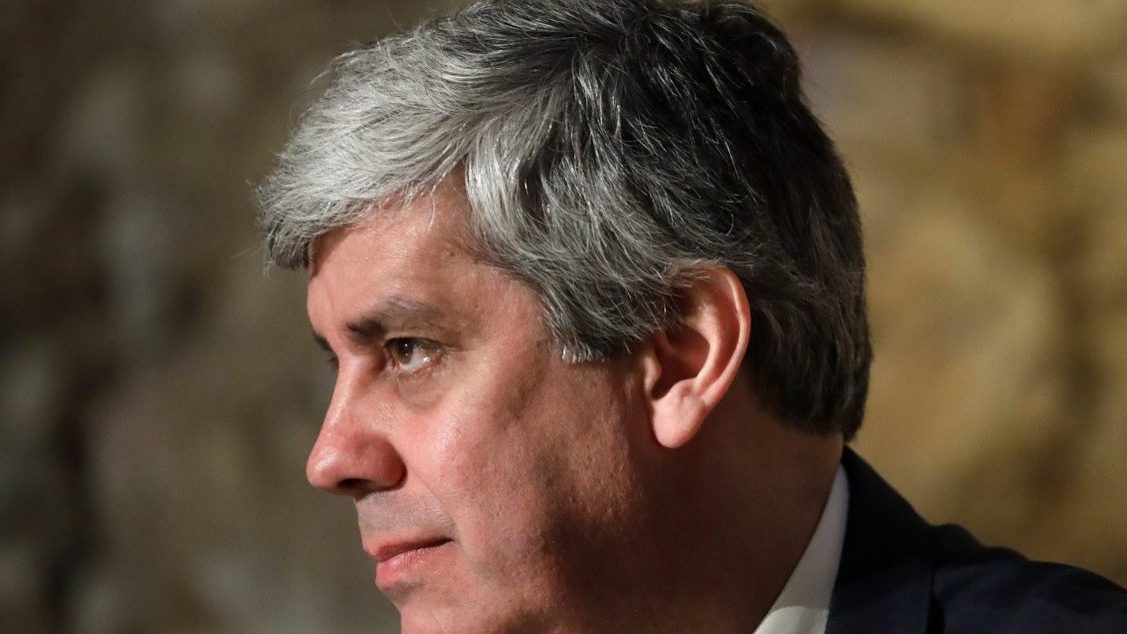Euthanasia bill approved at committee stage
The final text, based on the bills presented by PS, IL, BE and PAN, now goes to the final overall vote, which should take place on Friday in plenary.
The final text on decriminalising medically assisted death was approved on Wednesday in the committee stage, with votes against by far-right party Chega and the Portuguese Communist Party and abstention of the PSD after the Social Democrats had tried a new postponement.
The vote on the text in the Committee on Constitutional Affairs, Rights, Freedoms and Guarantees had the votes in favour of PS, IL and BE.
In the parliamentary commission, social-democratic member of parliament Paula Cardoso even appealed to the other members present to postpone the vote for a week because an extraordinary leadership conference is scheduled for this afternoon to discuss the PSD’s draft resolution proposing a referendum on the decriminalisation of euthanasia, but this appeal was opposed by the PS, BE and Liberal Initiative.
The final text, based on the bills presented by PS, IL, BE and PAN, now goes to the final overall vote, which should take place on Friday in plenary.
In the debate in the committee stage, after the PSD’s appeal to postpone the vote for a week and the opposition expressed by PS, BE and IL, the chairman of the 1st Committee, Fernando Negrão, said that “for there to be a postponement at this time”, already after three, “there would have to be unanimity”. This is the first time that the commission has adopted a proposal for a replacement text.
It is also important to note that the European Parliament is not in a position to give its opinion on the proposed amendments to the text of the directive but rather to give its opinion on the proposed amendments to the commission’s proposal.
The Socialist Isabel Moreira thanked the coordinator of the working group on medically assisted death, Maria Antónia de Almeida Santos, and the services of the parliament, as well as all the MPs representing the various parliamentary groups, particularly those of the PSD, for their “immaculate work”.
The Liberal Initiative MP, Patrícia Gilvaz, praised the fact that the process had taken place in a “considered and participatory manner” in which various entities had been heard.
“In our view, this final text answers the doubts that the president of Portugal expressed in the previous process and also took into account the recommendations made by the Constitutional Court,” she said.
The thanks to the services and members of the working group were shared by the parliamentary leader of the BE, Pedro Filipe Soares, who said that “the debate was high” and that “the working group was up to the historical moment that was required of it”.
Considering that the new text responds to the Constitutional Court and the doubts pointed out by Marcelo Rebelo de Sousa, the Left Bloc member was satisfied with the process and its result: “We are satisfied with the process, with the text and aware that it will make a good law, a humane law, a constitutional law and will increase the rights that our citizens have at their disposal and do so in a sensible and considered way”, he said.
For Chega, parliamentary leader Pedro Pinto spoke out against the approval of the text and said he would wait to see what the president or the Constitutional Court would do.
Alma Rivera of the Portuguese Communist Party also reiterated the PCP’s position against the issue, saying that this was not a “Manichean position” and “essentially has to do with the social consequences of the approval of this text, especially for those who are the most vulnerable, most excluded and who have more difficulties, particularly in access to health and social support”.
The text establishes that “non-punishable medically assisted death” occurs “by decision of an adult, whose will is current and reiterated, serious, free and informed, in a situation of great intensity suffering, with definitive injury of extreme gravity or serious and incurable disease, when performed or assisted by health professionals”.
This time, compared to the last decree, the replacement text drops the “fatal illness” requirement.
The final text now establishes a minimum period of two months from the beginning of the procedure, and the provision of psychological accompaniment is also mandatory.
In the previous legislature, the decriminalisation, under certain conditions, of medically assisted death, amending the Penal Code, gathered a large majority in parliament but was the subject of two vetoes by the president of Portugal the first time after the rejection by the Constitutional Court, following a request for review by Marcelo Rebelo de Sousa.
The second time, on November 26, the president rejected the law through a political veto, highlighting that throughout the new text, different expressions were used in the definition of the type of diseases required and said that the legislator had to choose between “only serious disease”, “serious and incurable disease” and “incurable and fatal disease”.


